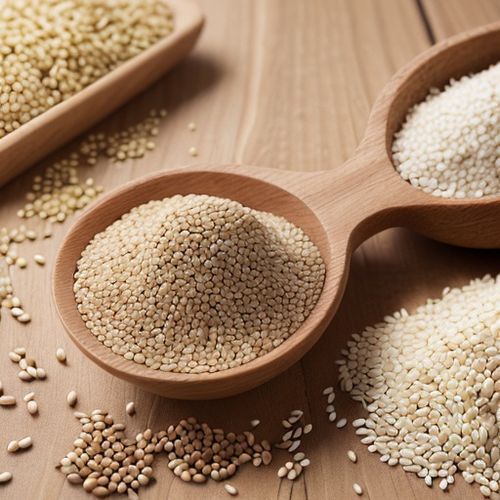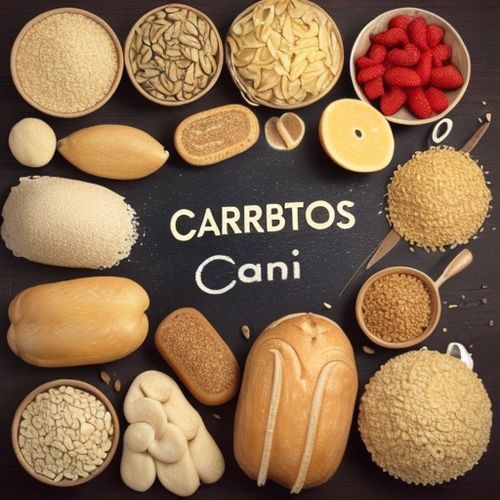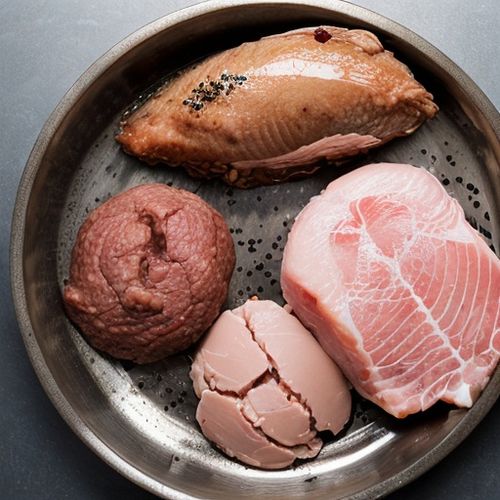Ciara, a 28-year-old dedicated to her fitness goals, submitted her daily eating routine to Business Insider's Nutrition Clinic for expert review. Her regimen includes five CrossFit sessions and five cardio workout classes weekly, with Sundays as her sole rest day. Ciara's primary objectives are to lose fat and gain muscle, but her current dietary approach may be hindering her progress. This case study highlights the importance of a balanced diet, especially for individuals with high energy expenditure and fitness aspirations.
The Role of Nutrition in Fitness
Nutrition plays a pivotal role in achieving fitness goals, whether they involve weight loss, muscle gain, or overall health improvement. For individuals like Ciara, who engage in rigorous physical activity, proper fueling is essential. Rebecca Ward, a sports nutritionist and personal trainer, emphasized that Ciara needs to consume enough food to support her energy expenditure and aid recovery, even if her goal is weight loss.
The Importance of Carbohydrates
Carbohydrates are often misunderstood in the context of weight loss. While it is true that a calorie deficit is necessary for fat loss, excessively low carbohydrate intake can impede performance and recovery. Ward pointed out that Ciara's diet is very low in calories, given her intense workout schedule. This deficit may lead to fatigue, muscle loss, and other negative consequences.
Carbohydrates are crucial for providing energy during workouts and replenishing glycogen stores afterward, which is vital for recovery. Ward recommended that Ciara increase her carbohydrate intake by incorporating more fruits into her daily meals. This not only provides necessary energy but also supplies fiber, which is essential for overall health.
The Necessity of Healthy Fats
Another area where Ciara's diet falls short is in fat intake. Fats are essential for optimal health, providing fuel for low-intensity exercise and aiding in the absorption of fat-soluble vitamins. Ward suggested that Ciara add healthy fats like oil, avocado, nuts, and seeds to her meals. These additions can enhance recovery and vitality, ensuring that Ciara's body functions efficiently.
The Timing of Rest and Recovery
Building muscle requires adequate rest and recovery time between workouts. Ward advised that Ciara consider incorporating a lighter training day into her weekly routine, rather than relying solely on one rest day. This approach can prevent overexertion and reduce the risk of injury, ultimately supporting her muscle-building goals.
The Challenge of Simultaneous Fat Loss and Muscle Gain
While it is possible to lose fat and gain muscle simultaneously, doing so in separate phases can be more effective. Ward suggested that Ciara consider a phased approach: first, eating at maintenance calories or a slight surplus to fuel muscle growth for a few months, followed by a slight calorie deficit to lose body fat. This method allows for more focused and effective progress, making the journey more enjoyable and sustainable.
The High-Protein Diet
Ciara's current diet is high in protein, which is beneficial for maintaining muscle mass. However, her overall caloric intake is too low to support optimal performance and recovery. Ward emphasized the importance of balancing protein with sufficient carbohydrates and fats to ensure comprehensive nutrition.
The Impact of Intermittent Fasting
Ciara's eating pattern includes a significant fasting window, as she doesn't eat until 3 p.m. While intermittent fasting can work for some individuals, it is not a one-size-fits-all solution. Registered dietitian Jaclyn London previously noted that breakfast can be an essential part of a healthy relationship with food, setting the stage for the day ahead. For Ciara, starting her day with a balanced meal could provide the energy she needs for her workouts and improve her overall well-being.
Practical Recommendations
To optimize her diet, Ciara should consider the following adjustments:
1. Increase Carbohydrate Intake: Incorporate more fruits, whole grains, and vegetables into her meals to provide sustained energy and support recovery.
2. Add Healthy Fats: Include sources like avocados, nuts, seeds, and healthy oils to enhance nutrient absorption and support overall health.
3. Balance Protein: While maintaining a high-protein diet, ensure it is balanced with carbohydrates and fats to support muscle growth and recovery.
4. Incorporate Lighter Training Days: Add a lighter training day to her weekly routine to allow for better recovery and prevent overexertion.
5. Consider Phased Goals: Focus on muscle gain first by eating at maintenance or a slight surplus, followed by a fat-loss phase with a controlled calorie deficit.
Ciara's dedication to her fitness goals is commendable, but her current dietary approach may not be sustainable or optimal for her objectives. By increasing her carbohydrate and fat intake, incorporating lighter training days, and considering phased goals, she can achieve a more balanced and effective fitness journey. Nutrition is a cornerstone of health and fitness, and a well-rounded diet can make all the difference in reaching one's goals. For anyone looking to optimize their diet, consulting with a qualified nutritionist or dietitian can provide personalized advice tailored to individual needs and aspirations.

By George Bailey/May 12, 2025

By Amanda Phillips/May 12, 2025

By Thomas Roberts/May 12, 2025

By Benjamin Evans/May 12, 2025

By Natalie Campbell/May 12, 2025

By Lily Simpson/May 12, 2025

By Megan Clark/May 12, 2025

By Christopher Harris/May 10, 2025

By Emma Thompson/May 10, 2025

By Ryan Martin/May 10, 2025

By Michael Brown/May 10, 2025

By Sophia Lewis/May 10, 2025

By Eric Ward/May 10, 2025

By George Bailey/May 10, 2025

By Elizabeth Taylor/May 10, 2025